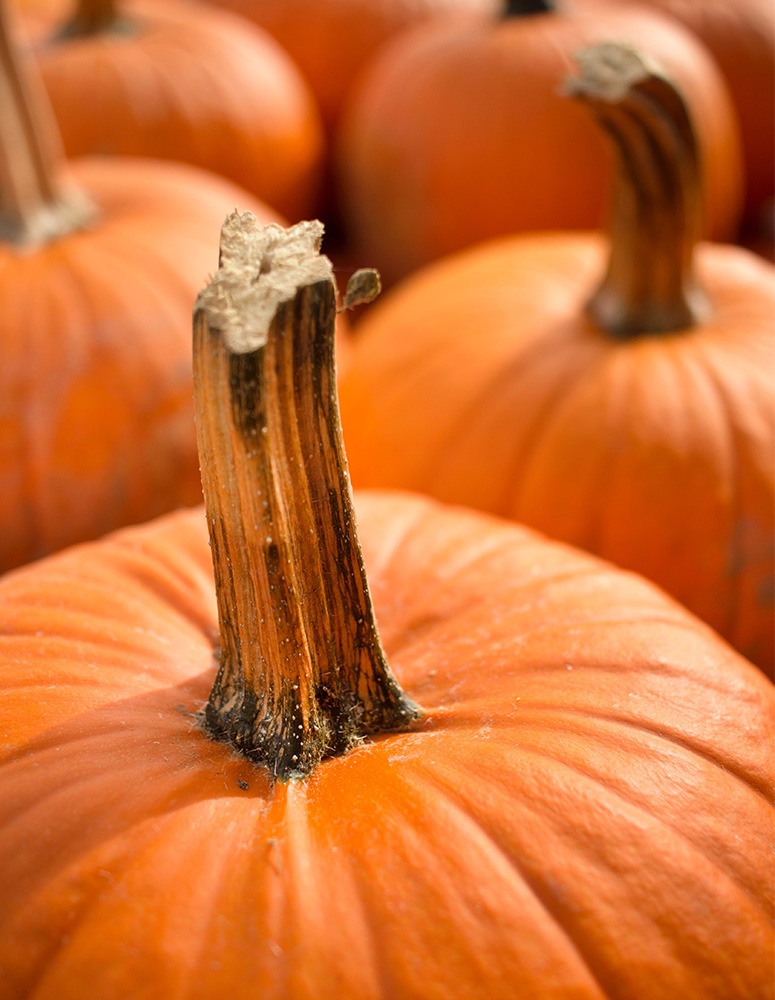Not Just Another Pretty Face
Now that your jack-o-lantern has done its job of scaring away ghosts and goblins, I want to encourage you to look at your pumpkin in a new light.
Like all fruits and vegetables that are orange in color, pumpkins are high in the antioxidants alpha-carotene and beta-carotene (vitamin A), which studies have shown to reduce the risk of heart disease and some cancers. Pumpkins also contain flavonoids, lycopene, potassium, vitamin C, zeaxanthin, and zinc, all of which provide an array of benefits to eyes, skin, hair, and overall health, including:
Reduced risk of macular degeneration
Support for collagen formation—the matrix of firm, supple skin
Support for strong bones—in conjunction with calcium and magnesium
Reduced risk of prostate cancer
Reduced menopausal symptoms (joint pain, hot flashes, headaches)
Reduced blood pressure
Lowered LDL (“bad”) cholesterol
Healthy joints
Optimal pH balance
Neutralizing harmful free radicals
Support for a strong immune system
Vitamin C, in particular, is a powerful antioxidant that works to improve and repair damaged or aging skin and promote the production of collagen, which improves your skin’s elasticity.
Pumpkin also is rich in the B vitamins niacin, riboflavin, B6, and folate. Niacin boosts circulation and is beneficial for treating acne and other skin blemishes, while folate encourages cell renewal, leaving you with clearer skin. The potassium and zinc in pumpkin also promote healthy hair growth, helping to maintain collagen and stimulate individual hair growth through improved blood circulation.
So, eat your pumpkin! While most people are familiar with finding pumpkin in pie, it also can be roasted and eaten like any winter squash. The meat can also be steamed and mashed, like sweet potatoes, or steamed and pureed for soup.
And don’t forget about the seeds! Like all embryonic foods (eggs, nuts, and seeds), pumpkin seeds are nutritional powerhouses, packed with copper, fiber, magnesium, manganese, Omega 3 fats, protein and zinc, along with plant compounds known as phytosterols and phytoestrogens. Raw seeds are the healthiest, so that the healthy fats aren’t destroyed by heating. However, if you prefer roasted, it’s easy to roast them yourself in an oven set low (170-degrees), perhaps sprinkled with salt, for 15-20 minutes.
Here’s another special treat that makes use of pumpkin:
Pumpkin hand treatment
Puree enough pumpkin to yield a half-cup. Add a dash of almond or olive oil and 1 t. of raw honey. (The heat of pasteurization destroys the health benefits of honey.) Blend these together until you have a smooth paste and massage it into your hands. Rinse with warm water and pat dry.
